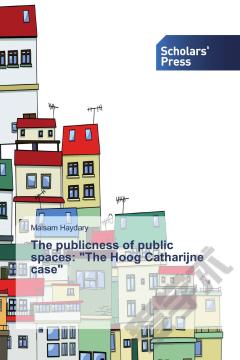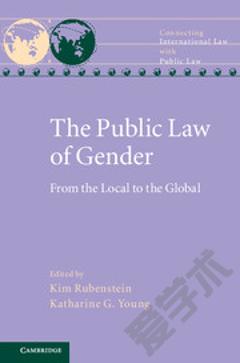The publicness of public spaces: "The Hoog Catharijne case"
The changing publicness of public spaces in an era of globalization, neo-liberal policies, capitalist economies and growing privatization is examined by many scholars, as contemporary public spaces are to certain groups of people not so ‘public’ and open anymore. This thesis discusses the ways in which semi public spaces like shopping malls prefer a certain behavior that mainly is focused on consumerism. Through the concepts of privatization, consumerism, inclusion and social exclusion the publicness of Hoog Catharijne in Utrecht is explored and the role of the management, design and security is discussed. Furthermore this thesis treats the ways in which the preference for certain groups can lead to the exclusion of other (groups of) people who do not fit in the prescribed ´image´, formed by privatization, commercialization, but also by strategies of designing and planning of the sites.
{{comment.content}}








 京公网安备 11010802027623号
京公网安备 11010802027623号